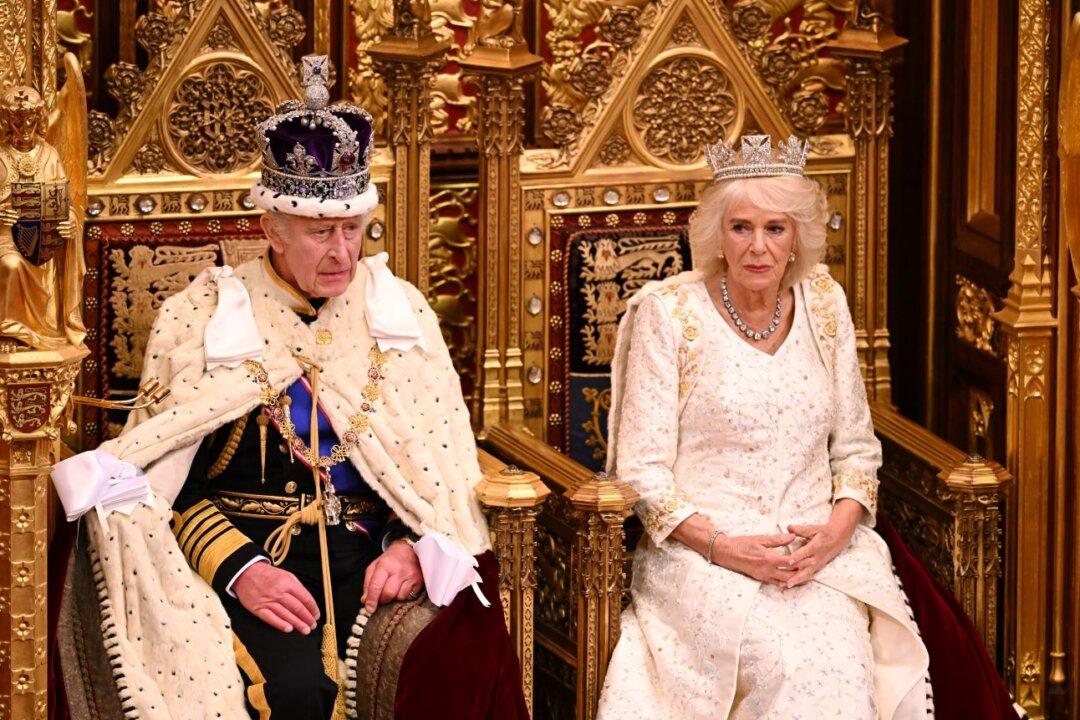The prime minister, Rishi Sunak, has made it clear in the King’s Speech—the first to be delivered by Charles III as monarch—that he is prioritising the battle against inflation and the need for greater economic growth.
At the state opening of Parliament on Tuesday, King Charles—with Queen Camilla sat beside him—said: “My government will, in all respects, seek to make long-term decisions in the interests of future generations. My ministers will address inflation and the drivers of low growth over demands for greater spending or borrowing.”





